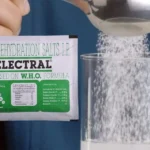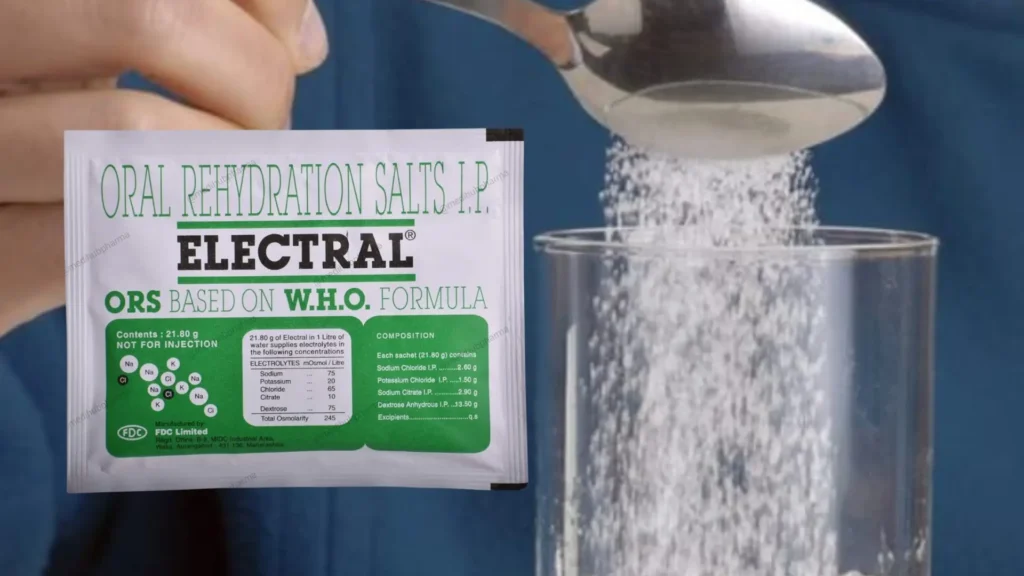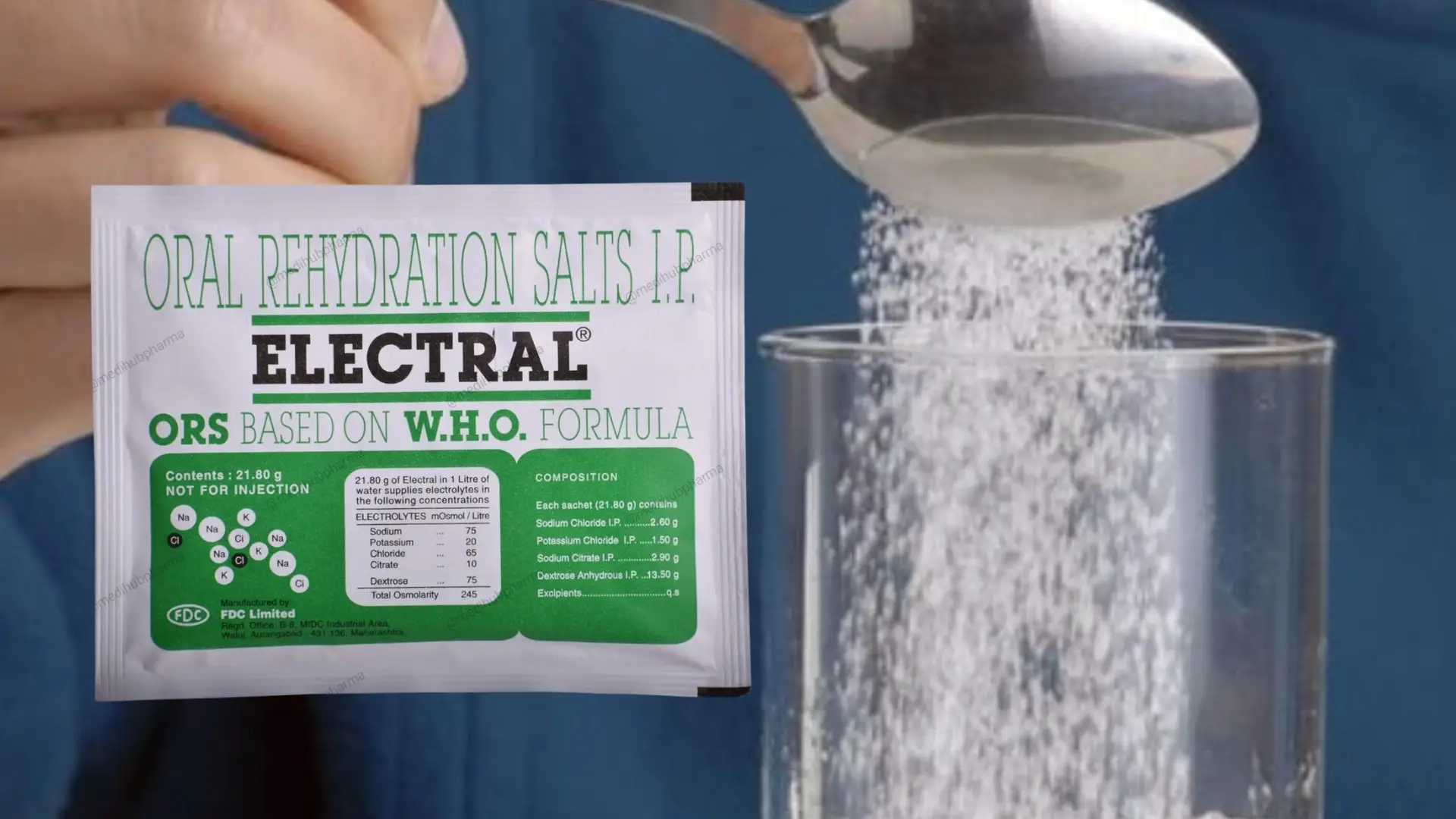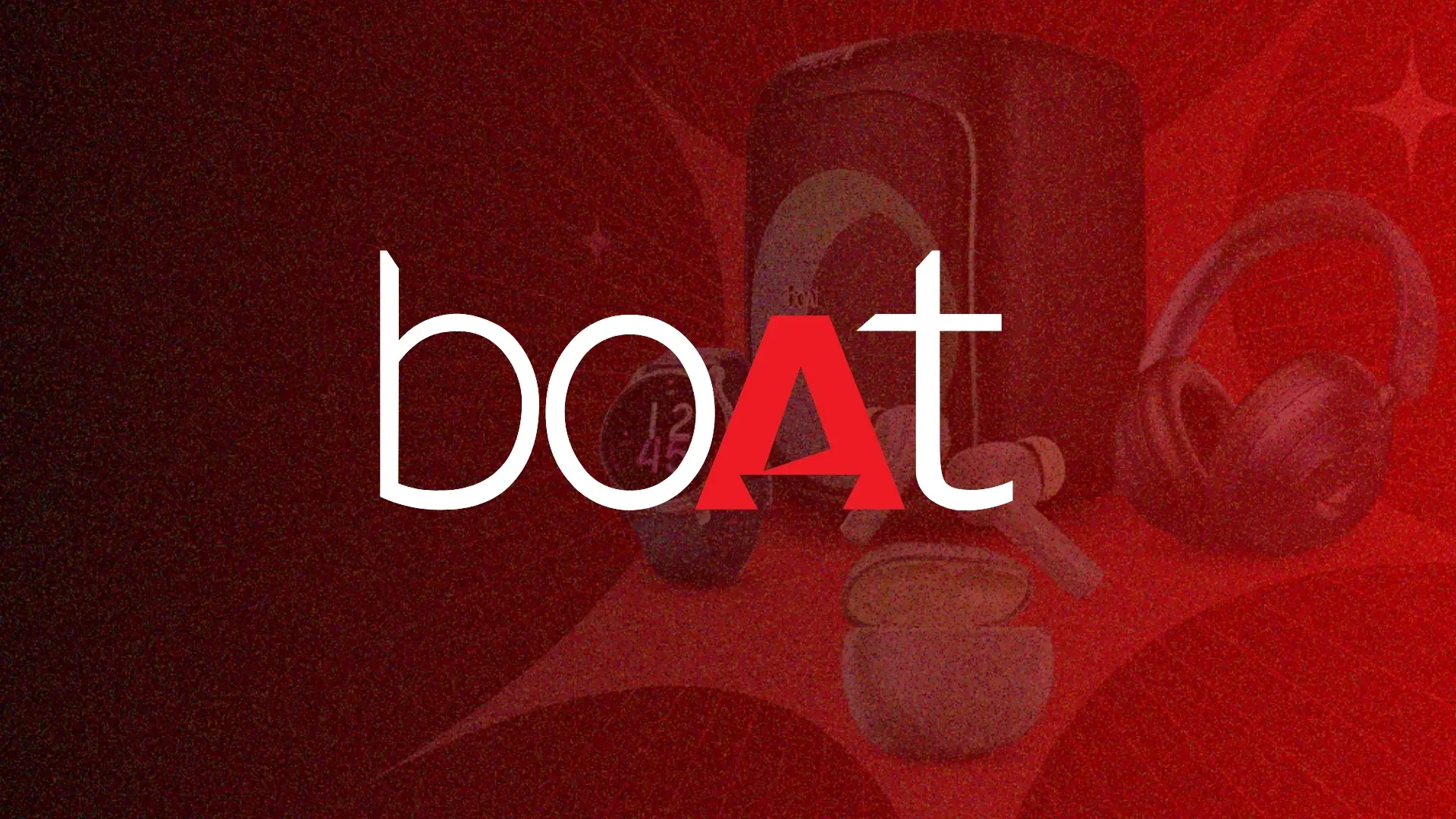India’s Food Safety and Standards Authority (FSSAI) has issued a directive prohibiting the use of “ORS” (Oral Rehydration Solution) in the branding of food and beverage products. This decision, announced on October 14, 2025, mandates that only products formulated in strict adherence to the World Health Organization’s (WHO) guidelines can bear the “ORS” label.
The Genesis
The controversy surrounding the misuse of the “ORS” label began nearly a decade ago when health professionals and consumer rights advocates raised concerns about the marketing of sugary beverages under names like “ORS Fit,” “ORSL Plus,” and “ORS Energy.” These products, often high in sugar content and lacking the essential electrolyte balance prescribed by WHO, were being sold as rehydration solutions, potentially leading to health risks, especially among children and diabetic patients.
Dr. Sivaranjani Santosh, a pediatrician based in Hyderabad, emerged as a vocal critic of this practice. Her advocacy gained momentum through social media platforms, where she highlighted the dangers of misleading product labels. In September 2024, Dr. Santosh took legal action by filing a Public Interest Litigation (PIL) in the Telangana High Court. The petition named the Central Health Ministry, FSSAI, and several companies, including Dr. Reddy’s Laboratories and Kenvue (a spin-off from Johnson & Johnson), as respondents.
Legal Proceedings and Regulatory Response
The Telangana High Court’s involvement brought significant attention to the issue. In January 2025, the court permitted the Endocrine Society of India to join the PIL, underscoring the medical community’s concern over the potential health hazards posed by these mislabelled products. Concurrently, the Supreme Court of India directed the FSSAI’s expert committee to submit recommendations regarding labelling amendments, indicating the judiciary’s recognition of the need for regulatory intervention.
Initially, FSSAI had allowed the use of “ORS” in product names with a disclaimer stating, “The product is NOT an ORS formula as recommended by WHO.” However, this leniency was criticized for being ineffective, as the disclaimers were often too small to be noticed by consumers. In response to these concerns and the ongoing legal pressure, FSSAI revisited its stance.
The October 2025 Directive
The FSSAI’s directive issued on October 14, 2025, rescinded all previous permissions allowing the use of “ORS” in product branding. The new guidelines stipulate that only products that conform to the WHO’s ORS formulation comprising specific proportions of sodium chloride, potassium chloride, sodium citrate, and glucose can be labelled as “ORS.” The directive emphasizes that any deviation from this standard is misleading and constitutes a violation of the Food Safety and Standards Act, 2006.
This regulatory shift marks a significant victory for public health advocacy in India. Dr. Santosh hailed the decision as a triumph for consumer safety, stating, “No one can use ORS on their label unless it is a WHO-recommended formula, and no one can sell it right from today.”
Implications and Industry Response
The FSSAI’s action has far-reaching implications for the food and beverage industry. Companies that have been marketing products under the “ORS” label without adhering to WHO standards are now required to rebrand their products to comply with the new regulations. Failure to do so could result in penalties under the Food Safety and Standards Act.
Market research indicates that the ORS segment in India has seen significant growth, with a moving annual turnover of ₹1,232 crore for the period from October 2024 to September 2025, nearly doubling from ₹648 crore during the same period in 2021. This surge has been attributed to the over-the-counter availability of products marketed as ORS. The FSSAI’s directive aims to curb this trend and ensure that consumers receive safe and effective rehydration solutions.
The FSSAI’s decision to restrict the use of the “ORS” label to products that meet WHO standards represents a pivotal moment in India’s public health landscape. It underscores the importance of stringent regulatory oversight in protecting consumers from misleading health claims. Dr. Santosh’s relentless advocacy serves as a testament to the impact that informed and determined individuals can have in shaping public policy and safeguarding public health.
Also Read: Is BoAt Sinking or Sailing Ahead? A Deep Dive into India’s Leading Audio Brand










